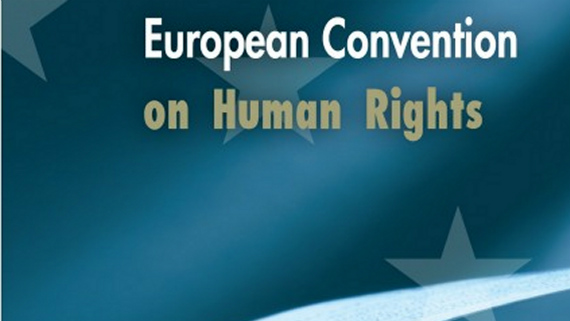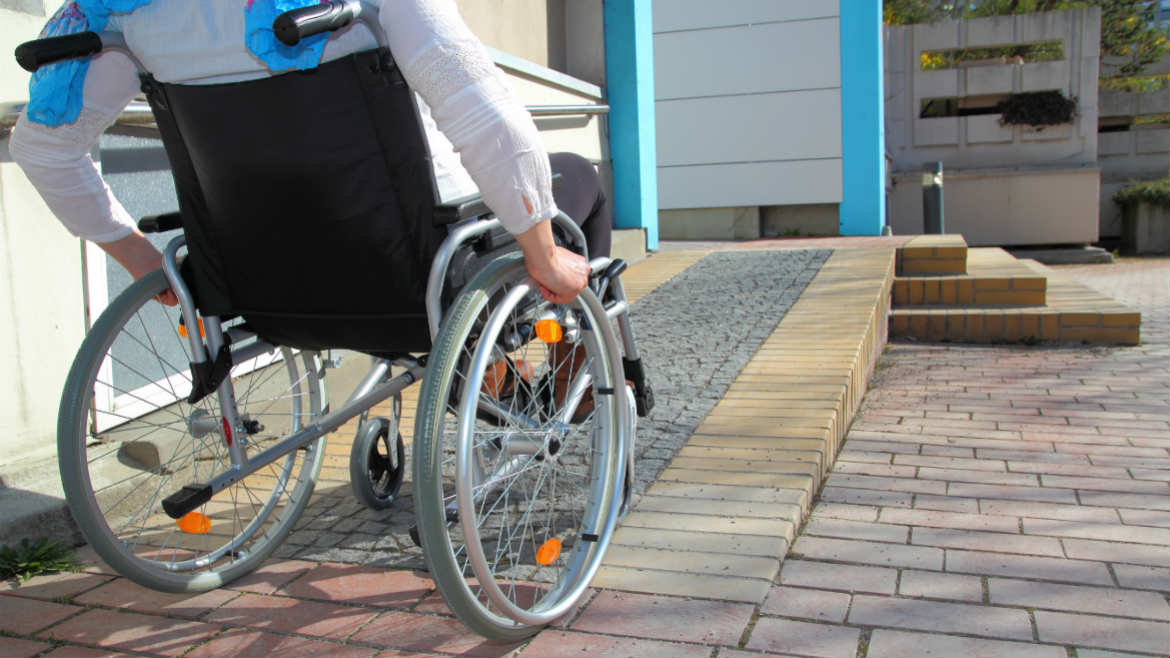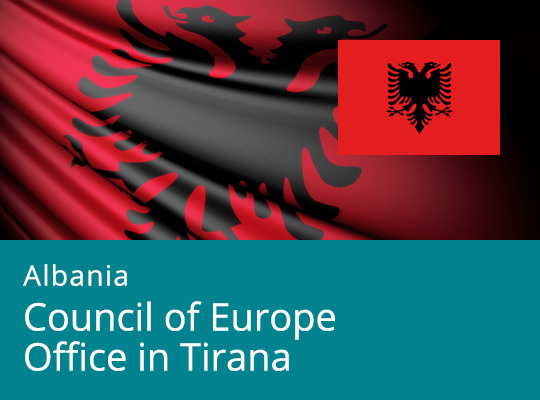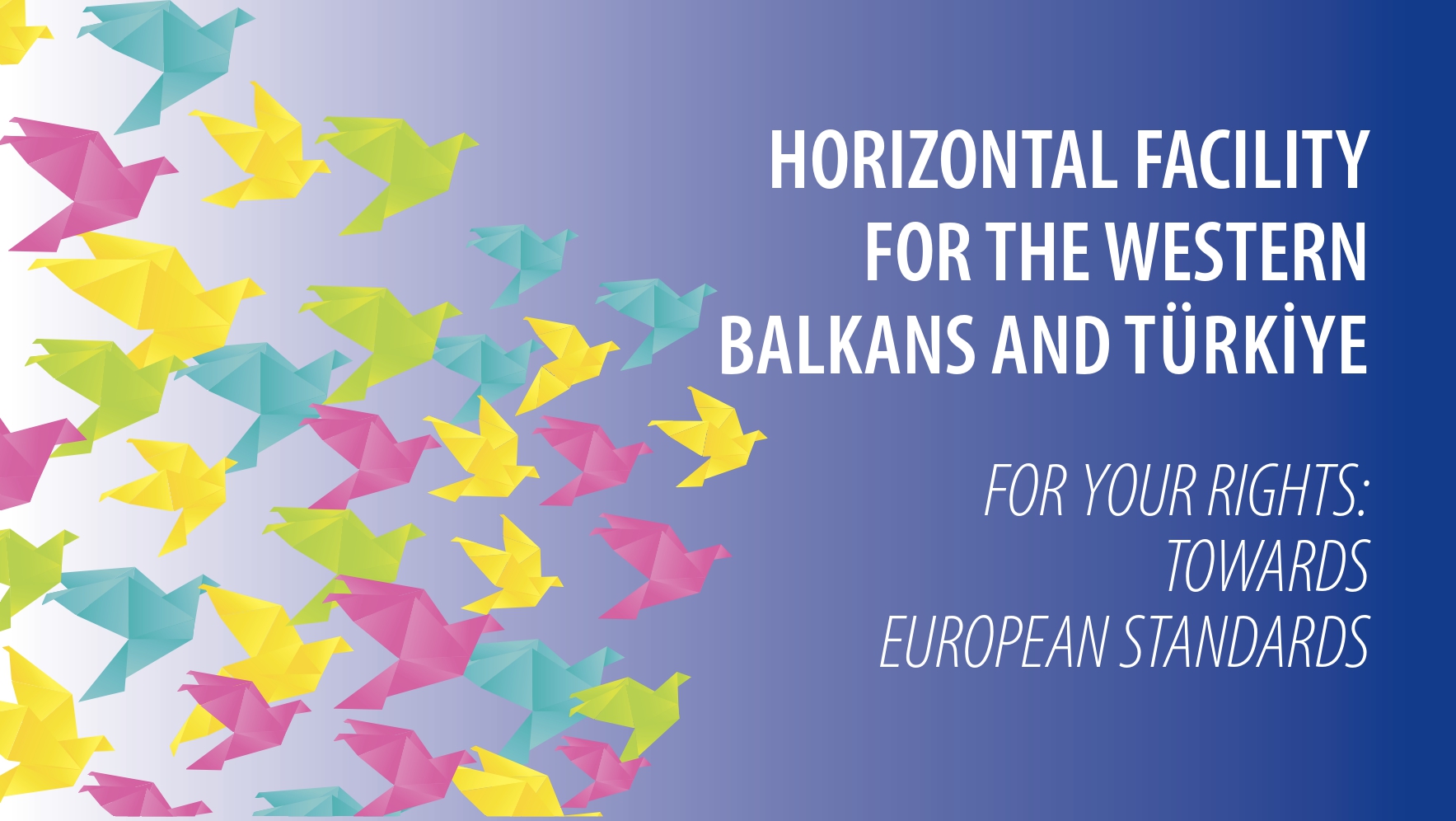The European Committee for the Prevention of Torture and Inhuman or Degrading Treatment or Punishment (CPT) has published its report on the May 2023 visit to Albania.
The main objective of the CPT’s 2023 visit to Albania was to review the treatment and conditions of detention of persons held in police custody and in prisons. A further focus of the visit was the situation of forensic psychiatric patients and prisoners with mental disorders. The CPT delegation also examined, for the first time in Albania since 2000, the treatment of residents with intellectual disabilities in social care institutions.
The findings of the 2023 visit suggest that, although the positive trend observed during the most recent CPT visits to Albania as regards the treatment of persons detained by the police appears to be maintained, additional vigorous action is still required to eradicate police ill-treatment.
Concerning prisons, the material conditions of detention remained generally satisfactory in regular accommodation units at Fier and Peqin Prisons. By contrast, the premises of Tepelena Prison were run down. The situation was compounded by the fact that a number of prisoners were being held in very cramped conditions at the time of the visit, with cells offering less than 3 m2 of living space per person. As regards the provision of healthcare to prisoners, recommendations are made, inter alia to reinforce the healthcare staff resources at Fier and Peqin Prisons, to arrange for regular visits by a psychiatrist to most of the prisons visited and to reinforce the provision of psychological care to inmates. In particular, the visit revealed that the special care units (“SKV”) at Fier and Peqin Prisons, which were intended primarily for prisoners with mental disorders, did not benefit from adequate psychiatric presence and were not staffed by other qualified professionals, with the result that almost no therapeutic or occupational activities were organised for patients.
Over the years, the CPT has expressed grave concerns as to the detention conditions and treatment of detainees on whom either a court-ordered compulsory treatment measure under Section 46 of the Criminal Code or temporary placement in a psychiatric institution is imposed (Section 239 of the Code of Criminal Procedure). Despite marked improvements made at Tirana Prison Hospital since the CPT’s previous visit in 2021, due to its carceral layout the CPT continues to consider that the living conditions offered to patients remain inadequate. As concerns the temporary facility at Lezha Prison, which accommodates male forensic patients, previously detained at the Zaharia Special Institution for Mentally Ill Inmates in Kruja, the overcrowding, the lack of medical and therapeutic staff and the inadequate building would have undone most, if not all, of whatever positive input could have been made since the transfer in 2021. Further, the CPT warned that if the number of patients detained at the temporary facility continues to increase, the living conditions could easily degrade even further, to the point of amounting to inhuman and degrading treatment.
The CPT delegation visited the Development Centres in Durrës and Shkodra. While the Durrës Development Centre was in a reasonable state of repair, the Shkodra Centre was in poor condition, with extensive water damage due to leaking bathroom pipes resulting in walls partially covered with bright green and black mould. Structural shortcomings in both centres, including low numbers of orderlies and cramped living conditions (leading to mixed gender rooms and minors being placed together with adults) resulted in a level of staff supervision incompatible with the severity of the disability, both physical and intellectual, of several of the residents and the vigilance required to prevent violence. Efforts were made, at both establishments, to maintain a regime with a structured programme. However, in both centres there was a limited range of occupational, rehabilitative, and recreational activities on offer.
The report has been made public under an automatic publication procedure adopted by the Albanian authorities.
- Read the executive summary of the report
- Read CPT and Albania
The European Committee for the Prevention of Torture and Inhuman or Degrading Treatment or Punishment (CPT) visits places of detention in the parties to the European Convention for the Prevention of Torture in order to assess how persons deprived of their liberty are treated with a view to strengthening, if necessary, the protection of such persons from torture and from inhuman or degrading treatment or punishment. These places include prisons, juvenile detention centres, police stations, holding centres for immigration detainees, psychiatric hospitals and social care homes. After each visit, the CPT transmits a report containing its findings and recommendations to the government concerned








